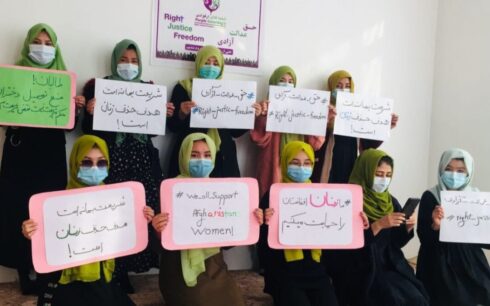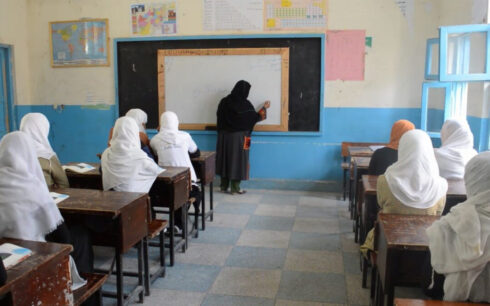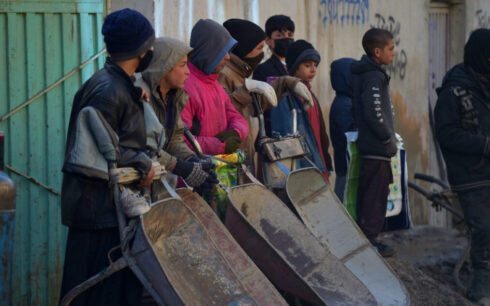The Taliban’s ban over the past year has barred more than 100,000 women from public and private universities in Afghanistan. According to United Nations Educational, Scientific and Cultural Organization data, women’s participation in higher education surged twentyfold from 2001 to 2021. However, with the Taliban’s return, this number has plummeted to nearly zero.
If university students typically study three hours daily, the ban has resulted in a loss of nearly 1,000 hours of education per student over the past year.
The closure of universities and the Taliban’s barring of girls from medical board exams have left rural areas with a critical shortage of doctors.
Shadab, a Herat University medical graduate, was denied the chance to sit for the Supreme Medical Council’s exam after the Taliban’s ascent to power. “I endured seven years of intense study, preparing for the EXIT exam. But just before it commenced, it was canceled. Despite two years of preparation, we couldn’t take the test. Now, we struggle to find jobs, as hospitals require the certification we lack,” she lamented.
Students who fail to pass the Supreme Medical Council’s exam cannot practice as doctors. This restriction, imposed by the Taliban, affects women across all provinces.
Historically, each major Afghan city, like Herat, saw about seventy women qualify as doctors annually. In the last two years, however, 140 women and girls, poised to enter the medical profession, are now confined to their homes. This has led to a severe shortage of midwives and female doctors in rural areas.
Sima, a village resident, expressed her plight: “We lack a midwife and a clinic. For any illness, we’re forced to travel to distant cities.”
Rahima, another local, added, “The journey is long and difficult, especially during cold weather.”
The ban extends beyond medical studies, affecting all university courses. UNESCO reports that currently over 100,000 students are deprived of university education. This number had increased twentyfold by 2021 but faced a drastic decline following the Taliban’s ban in December 2022. Consequently, students have missed over 95 million hours of class in the past year.
The United Nations has highlighted that Afghanistan is the only country globally where education doors are closed to women and girls. UNESCO warns that this ongoing crisis risks plunging Afghanistan’s future into illiteracy.





